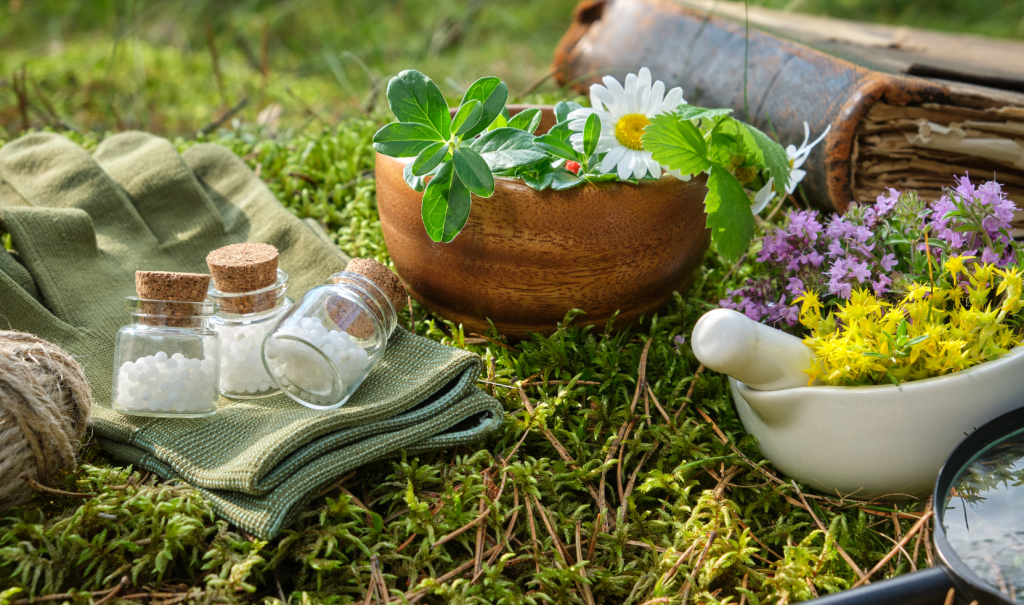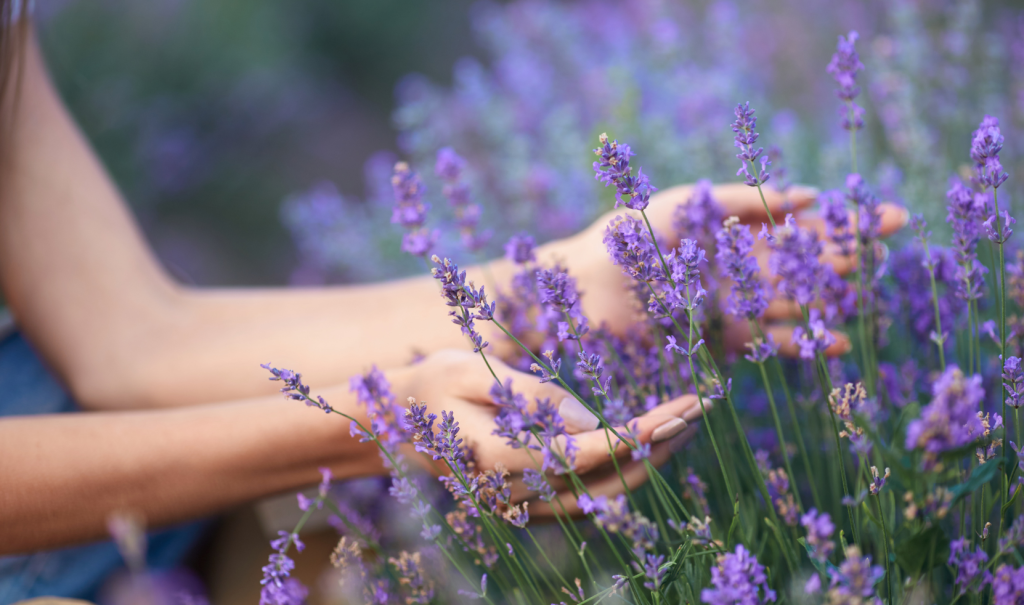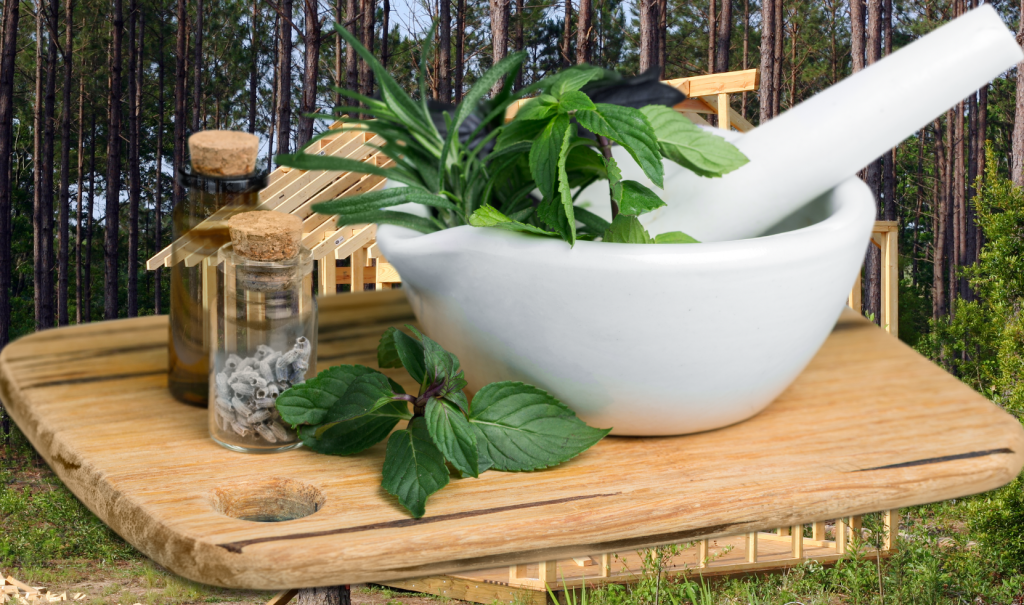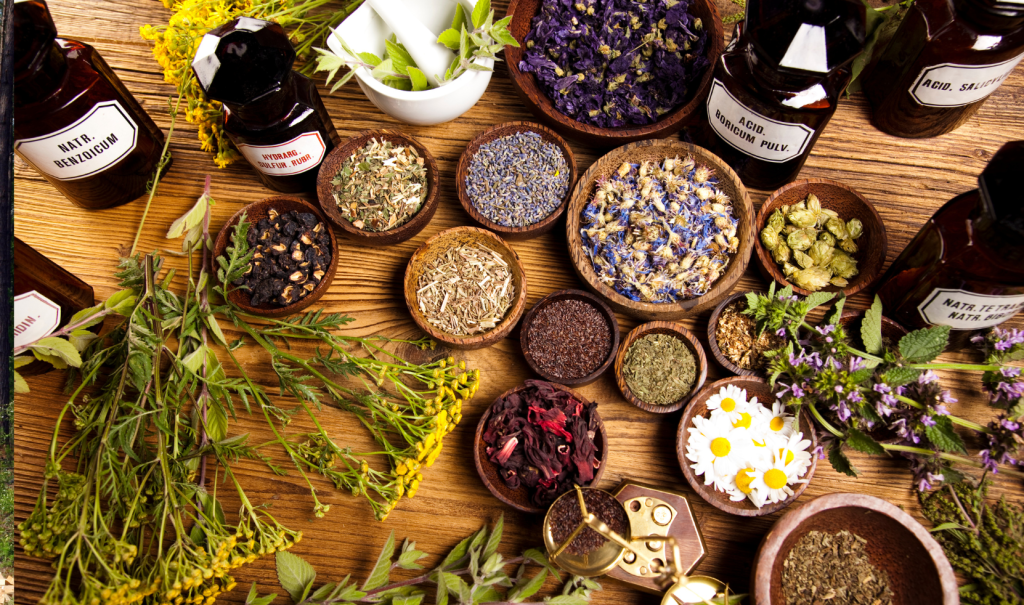In our modern world, there is an increasing shift towards natural remedies as people seek alternatives to conventional medicine. Growing your own medicinal plants at home allows you to access the healing benefits of nature right from your garden or even indoors. This comprehensive guide explores the best medicinal plants to grow at home, their medicinal uses, and how to effectively cultivate them. Let’s delve into the world of healing herbs and their remarkable benefits!
Understanding Medicinal Plants
What Are Medicinal Plants?
Medicinal plants are species recognized for their therapeutic properties, often utilized for treating various ailments. These plants contain active compounds that have been documented in traditional practices or validated through scientific research for their health benefits. For centuries—dating back to ancient times—herbs like lavender and echinacea have played a crucial role in human healthcare.
The Importance of Growing Medicinal Plants at Home
- Accessibility: Cultivating medicinal herbs means having remedies readily available for everyday health issues.
- Sustainability: Growing your own herbs promotes environmentally friendly practices and reduces reliance on commercial products.
- Connection with Nature: Gardening fosters mindfulness and a sense of connection with the environment.
- Cost-Effective: Cultivating herbs at home can be more affordable than purchasing pre-packaged herbal products.
CLICK HERE To Purchase The Medicinal Garden Kit
Medicinal Uses of Specific Plants
Sore Throats and Herbal Remedies
Sore throats can be uncomfortable, but several homegrown herbs provide effective relief:
Chamomile Flowers
- Medicinal Properties: Chamomile is celebrated for its anti-inflammatory effects that help alleviate swelling in the throat.
- Preparation: Brew dried chamomile flowers in boiling water for 5–10 minutes, and enjoy warm to soothe discomfort.
- Additional Benefits: Chamomile tea promotes relaxation and aids digestion.
Lemon Balm
- Medicinal Properties: Lemon balm (Melissa officinalis) has antiviral properties, making it beneficial for soothing sore throats caused by viral infections.
- Preparation: Steep fresh or dried lemon balm leaves in hot water for a calming tea.

Boosting the Immune System with Culinary Herbs
Maintaining a robust immune system is vital for overall health. Certain culinary herbs can bolster immune function:
Echinacea
- Medicinal Properties: Echinacea is well-known for its immune-enhancing capabilities and is commonly used as a preventive measure against colds.
- Preparation: Use fresh or dried echinacea roots or leaves to make herbal tea or tinctures.
Garlic
- Medicinal Properties: Garlic (Allium sativum) possesses strong antibacterial and antiviral properties that support immune function.
- Preparation: Incorporate raw garlic into your meals or take garlic supplements as needed.
Creating a Medicinal Herb Garden
Establishing a dedicated medicinal herb garden can enhance both your outdoor space and your health regimen:
Layout and Design
- Sunlight Requirements: Most medicinal herbs thrive in full sun (6 hours or more). Arrange taller plants in the back to prevent shading shorter varieties.
- Companion Planting: Certain plants support one another’s growth. For instance, basil grows well alongside tomatoes and can deter pests from affecting them.
Essential Components for Your Medicinal Garden
- Well-Drained Soil: Proper drainage is essential for plant health. Amend heavy clay soil with organic matter such as compost or sand.
- Moisture Control: Regular watering is necessary; however, avoid over-saturation which could lead to root rot.
https://ced9ck12ymif9v1zzilnjbnk1j.hop.clickbank.net/
Popular Medicinal Plants and Their Health Benefits
Mint Family Herbs
Herbs from the mint family (Lamiaceae) are versatile and known for their numerous health benefits:
Peppermint
- Medicinal Properties: Peppermint (Mentha × piperita) is excellent for digestive issues, alleviating gas and bloating.
- Preparation: Brew peppermint leaves into tea or use them fresh in salads.
- Aromatherapy Benefits: Inhaling peppermint oil can relieve headaches and enhance mental clarity.
Spearmint
- Medicinal Properties: Spearmint (Mentha spicata) has similar digestive benefits but offers a milder flavor compared to peppermint.
- Uses in Cooking: Use fresh spearmint leaves to flavor drinks like mojitos or as a garnish in savory dishes.

Lavender Flowers for Relaxation
Lavender (Lavandula angustifolia) is not only known for its sweet perfume but also its calming effects:
- Medicinal Properties: Lavender has anxiolytic (anxiety-reducing) effects and can promote restful sleep.
- Preparation: Infuse lavender flowers in boiling water to make soothing teas or use the dried flowers in sachets.
- Culinary Uses: Lavender can also enhance baked goods, salad dressings, and beverages with its floral flavor.
Holy Basil for Overall Health
Holy basil, also known as Tulsi, is revered in Ayurvedic medicine for its diverse health benefits:
- Immune Support: Holy basil strengthens the immune response and helps manage stress levels.
- Antioxidant Richness: This herb contains antioxidants that help combat oxidative stress in the body.
California Poppy for Nervous System Health
The California poppy (Eschscholzia californica) boasts substantial medicinal value:
- Uses of California Poppy: Traditionally used to relieve anxiety, insomnia, and pain due to its sedative properties.
- External Applications: Its extracts are also effective in soothing skin irritations when used topically.
Aquilegia Vulgaris (Columbine)
Aquilegia vulgaris is known for its beautiful flowers that attract pollinators:
- Medicinal Uses: While primarily an ornamental plant, some cultures utilize it as a mild herbal remedy due to its potential calming effects on nervous conditions.
Best Practices for Growing Your Own Herbs
Choosing Perennial Plants
Many medicinal herbs are perennial plants that return year after year:
Recommended Perennial Herbs
- Bee Balm (Monarda):
- Known for attracting pollinators while offering respiratory benefits when brewed as tea.
- Grows well in rich soil with regular moisture.
- Lemon Balm (Melissa officinalis):
- This hardy plant grows easily in various soil conditions while providing soothing teas when consumed fresh or dried.
Growing Indoor Medicinal Herbs
Indoor gardening is an excellent way to cultivate medicinal plants even with limited outdoor space:
- Choose pots with good drainage; use quality potting soil rich in nutrients.
- Place pots near sunny windowsills where they can receive adequate light—consider grow lights if natural light is insufficient.
Home Remedies from Your Garden
Having your own supply of medicinal plants enables you to create effective home remedies right at home:
Insect Bites Relief
- Create a soothing paste using crushed mint leaves applied directly onto insect bites—this alleviates itching effectively thanks to its cooling effect on skin irritations.
Alleviating Upset Stomach
Peppermint tea serves as an effective remedy after heavy meals—simply brew peppermint leaves in hot water for relief!
Drying Herbs for Long-Term Use
If you find yourself with an abundance of fresh herbs during peak growing season, consider drying them:
Air-Drying Method
- Gather stems together; tie them loosely at the base before hanging upside down in a dark room with good ventilation.
- Allow drying until completely crisp—typically takes about two weeks depending on humidity levels.
- Store dried herbs in airtight containers away from sunlight and moisture; this preserves potency longer than commercially processed alternatives would!
Incorporating Beautiful Flowers into Your Medicinal Garden
Not only do many medicinal plants provide health benefits; they also produce stunning blooms that enhance the aesthetics of your garden:
Recommended Ornamental Medicinal Plants
- California Poppy (Eschscholzia californica):
- Adds vibrant color while serving several medicinal purposes related to anxiety relief!
- Bee Balm (Monarda didyma):
- Not only does it have beautiful blooms but also attracts beneficial pollinators like bees which help other plants flourish as well!

Creating a Cottage Garden Aesthetic
Combining ornamental plants with medicinal herbs creates a charming cottage garden effect:
- Mix various flowering plants with perennial herbs—maintaining colors, shapes, textures adds visual interest!
- Consider integrating other visually appealing yet functional species such as digitalis purpurea (foxglove), which is known for heart-related benefits though care must be taken due its toxicity if ingested improperly.
Exploring Home Remedies and Herbal Medicine Practices
With your herbal bounty at hand, you can create various remedies that cater specifically to your needs:
Homemade Elderberry Syrup
Elderberries (Sambucus nigra) are not just beautiful white flowers adorning gardens; they also produce berries renowned for their immune-boosting capabilities when crafted into syrups:
- Combine fresh elderberries with sugar or honey along with water—cook until syrupy consistency forms!
- Strain out berries—store syrup in glass jars inside refrigerator enjoying it during cold/flu season helps ward off sickness naturally! Small doses prove immensely popular among those seeking natural alternatives preventing illness effectively boosting immunity!
Conclusion
Growing your own medicinal plants at home offers not only practical health benefits but also enriches your life by connecting you with nature’s gifts! By cultivating these valuable plants like chamomile flowers, lemon balm, echinacea, holy basil—and more—you’re fostering resilience against common ailments through natural remedies available right at your fingertips! Embrace this opportunity today; embark on enriching journey toward holistic wellness straight from your backyard!
Explore these fantastic additions carefully curated specifically tailored towards holistic approach adopting sustainable living choices while reaping rewards each step along way crafting beautiful bond nurturing nature seamlessly integrating nourishing lifestyle cherished memories carried forward warmly lighting pathway blooming vibrantly across entire lives! From young leaves of lavender offering sweet perfume enhancing spaces without much fuss all way integrating perennials along existing landscape creating wonderful plant allies enhancing daily well-being greatly fulfilling aspirations delightfully fulfilling adventurous pathways enriching experiences await lovingly nurtured friendships forged roots deep within inspiring growth blossom beautifully revealing health benefits remarkably intertwined radiantly reflect upon lives joyously enlightened embracing heartfelt connections deeply rooted traditions healing qualities nurtured amongst kindred spirits together inspire beautifully vibrant future unfolds!

